EPA annual trends report finds new vehicle fuel economy at record 24.1 mpg; new powertrain technologies rapidly gaining share
Green Car Congress
OCTOBER 10, 2014
EPA released the latest edition of its annual report on trends in CO 2 emissions, fuel economy and powertrain technology for new personal vehicles in the US. mpg increase over the previous year and an increase of nearly 5 mpg since 2004. Since 1975, half of car production has consistently been within several mpg of each other.



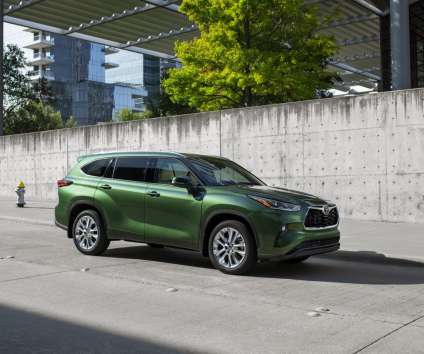





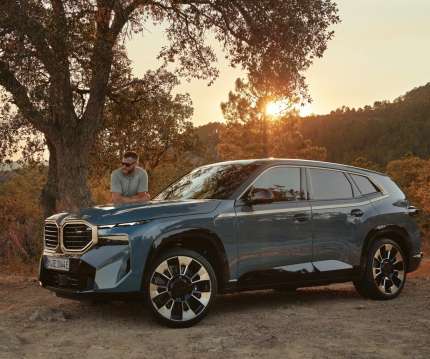
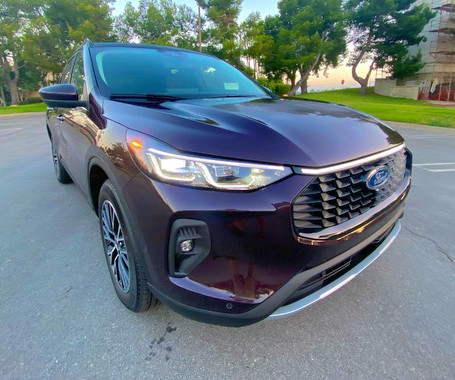
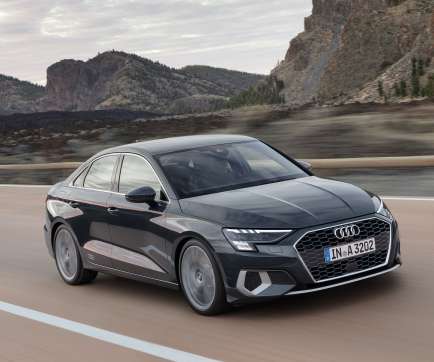


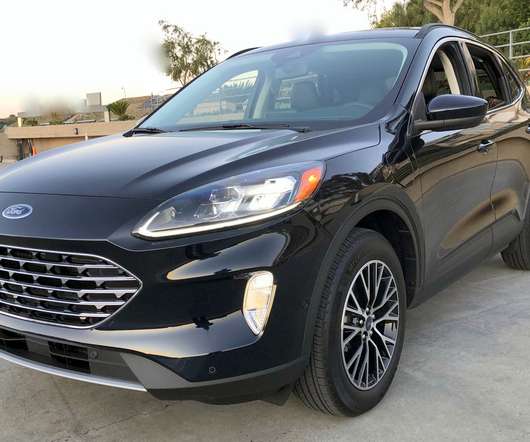


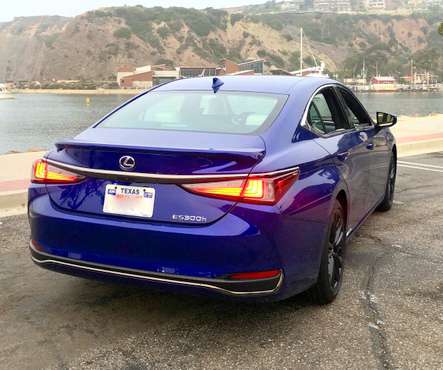


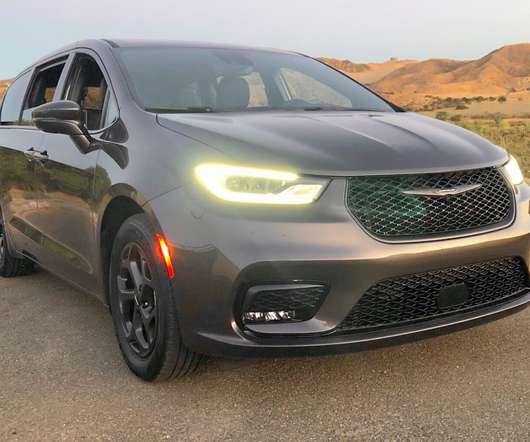
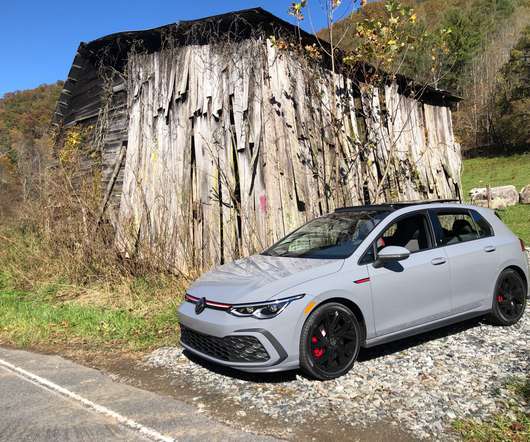
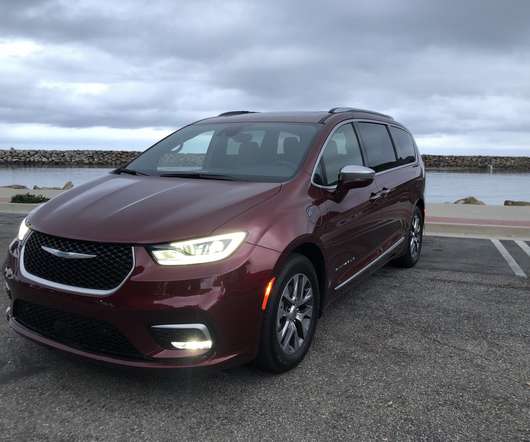




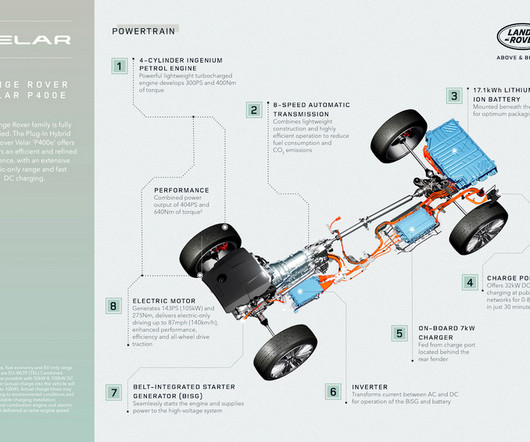








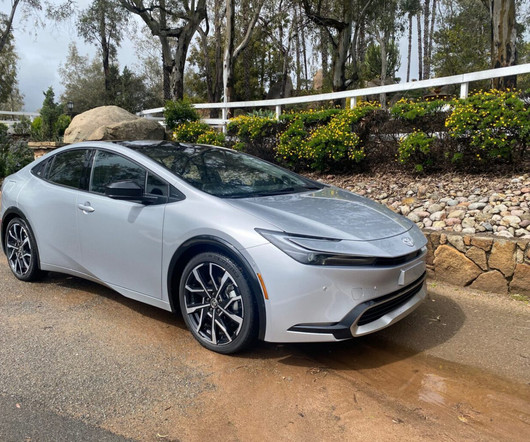







Let's personalize your content